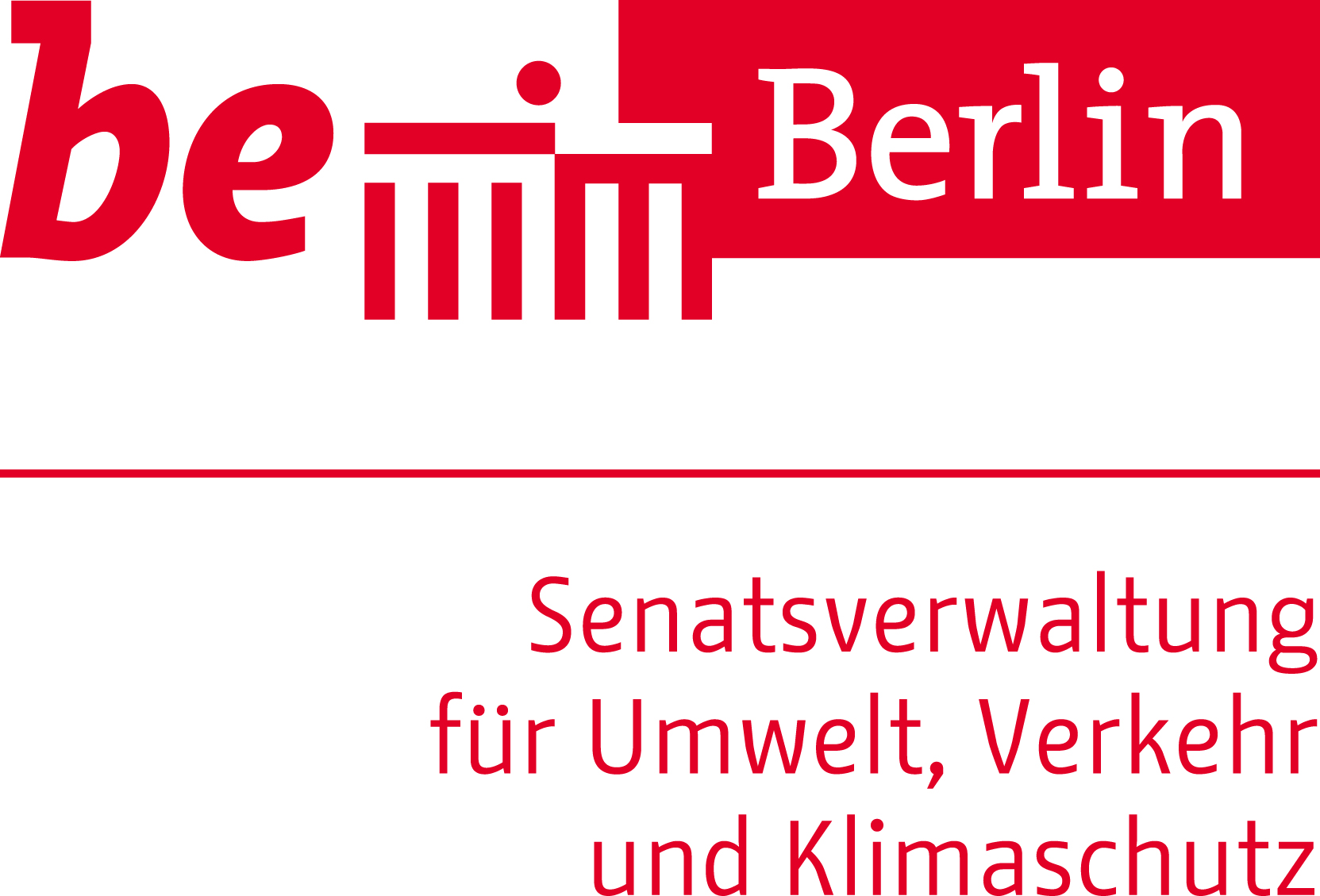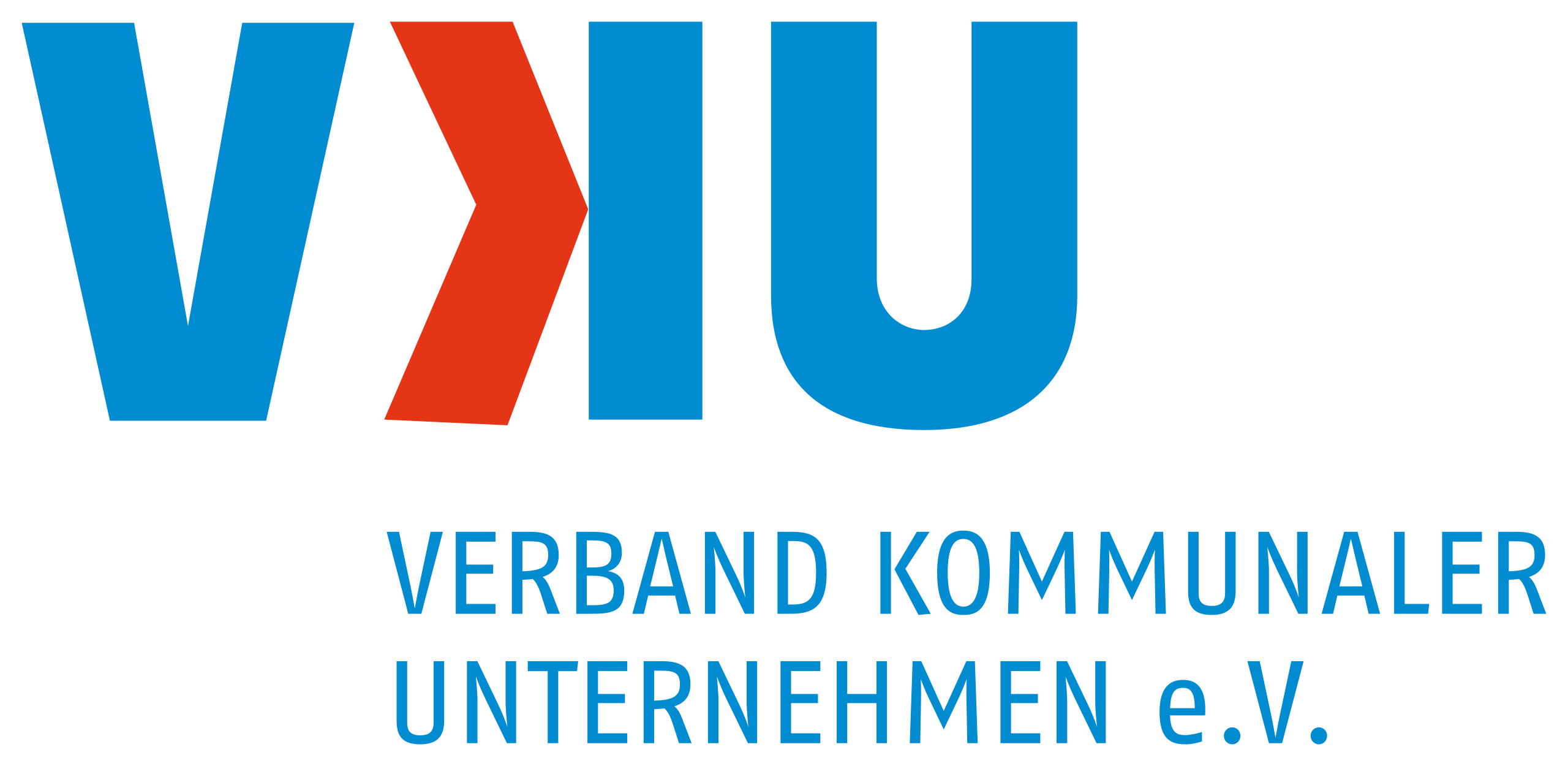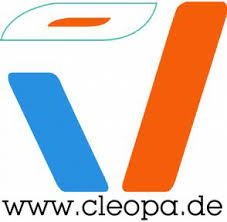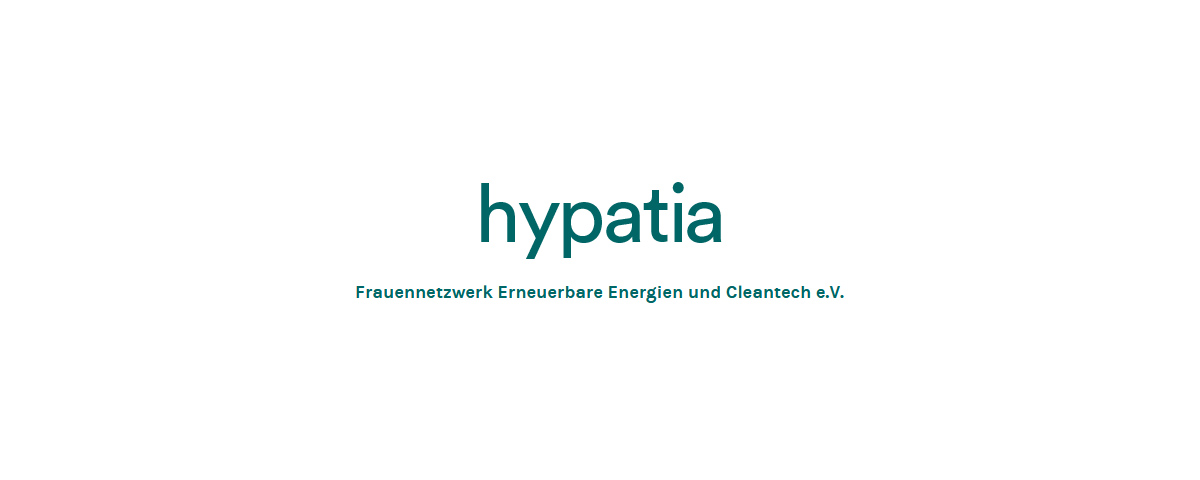
22.11. | Heat-transition? Forum New Energy World
22. November 2019
25.11. | Delegation of State Bank of India
25. November 2019DIN SPEC 91433: Guidelines for charging infrastructure planning
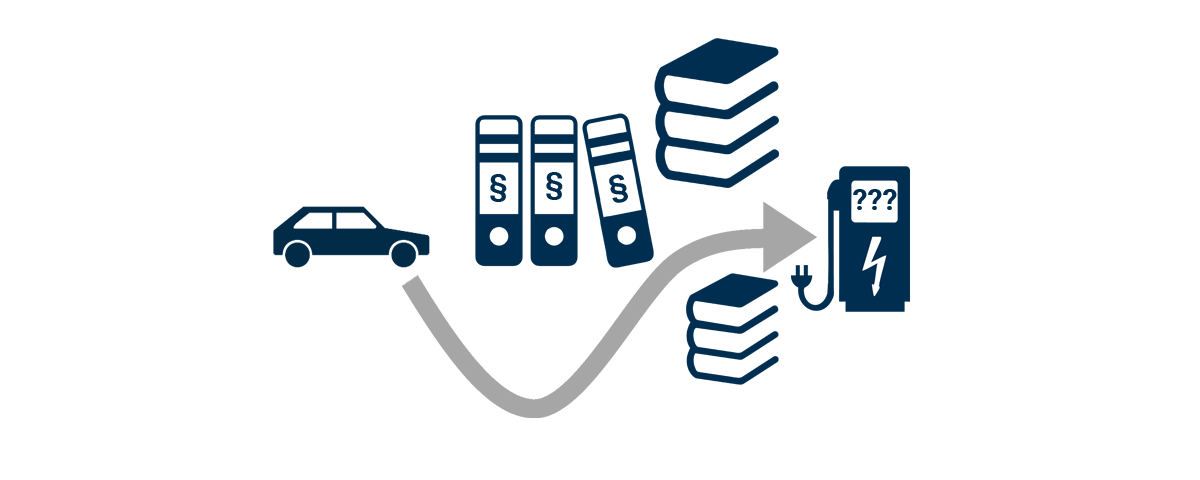
The DIN SPEC 91433 project has produced a DIN specification that provides a standardized guide for the planning and construction of charging infrastructure for battery-electric vehicles.
The development of charging infrastructure for e-mobility is currently still very slow – one reason for this is often a lack of experience and uncertainties that cause companies and local authorities to hesitate.
The aim of the guide is to reduce these uncertainties. It gives an overview of all phases of the establishment of charging points: From the planning phase with the corresponding notification and approval processes and the application for subsidies to the implementation including the coordination of all parties involved. It also contains questions that need to be clarified for the planning process as well as assistance in answering them.
Identifying locations and accelerating planning processes
A particular focus is on the effective location search for charging points and on improving the interaction between the various parties involved. For example, the exchange of data, the application for permits, inquiries to the network operator, and much more can be made much more efficient. This DIN SPEC makes suggestions for the design of interfaces between the actors involved for more efficient communication.
The guideline also contains references to further sources of information in the federal states and municipalities, such as legal texts, norms and standards, data sets, scientific publications, and more.
Keeping up with the charging needs of the growing e-vehicle fleet
The number of registered e-vehicles is already growing considerably faster than the number of publicly accessible charging points. An accelerated expansion of the charging infrastructure is absolutely necessary for a successful transport transition and thus also for achieving the climate targets set in Germany and Europe. The DIN SPEC can make a contribution to this through
The guideline has been developed by a consortium of participants from all sectors, including the Berlin Senate Department for Environment, Transport and Climate Protection, the National Organization Hydrogen and Fuel Cell Technology (NOW) and the Association of Municipal Enterprises (VKU) (for a complete list of participants, see the "Partners" tab). The guideline is aimed at all those who want to set up publicly accessible charging infrastructure or support others in setting it up, especially local authorities and municipal companies, charging point operators, land owners, and others.
The DIN guideline is available for download from Beuth-Verlag as of August 2020. .
The development of DIN SPEC 91433 "Guidelines for search space and site identification as well as recommendations for reporting and approval procedures in charging infrastructure planning" was commissioned by the German Institute for Standardization (DIN) within the framework of the BMWi-funded project EmoStar²K.
Project duration: June 2019 – March 2020
The Specification has been awarded the DIN Innovation Award in November 2020.
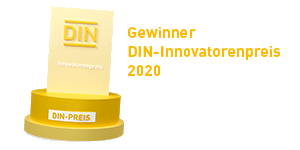
The development of charging infrastructure for e-mobility is currently still very slow – one reason for this is often a lack of experience and uncertainties that cause companies and local authorities to hesitate.
The aim of the guide is to reduce these uncertainties. It gives an overview of all phases of the establishment of charging points: From the planning phase with the corresponding notification and approval processes and the application for subsidies to the implementation including the coordination of all parties involved. It also contains questions that need to be clarified for the planning process as well as assistance in answering them.
Identifying locations and accelerating planning processes
A particular focus is on the effective location search for charging points and on improving the interaction between the various parties involved. For example, the exchange of data, the application for permits, inquiries to the network operator, and much more can be made much more efficient. This DIN SPEC makes suggestions for the design of interfaces between the actors involved for more efficient communication.
The guideline also contains references to further sources of information in the federal states and municipalities, such as legal texts, norms and standards, data sets, scientific publications, and more.
Keeping up with the charging needs of the growing e-vehicle fleet
The number of registered e-vehicles is already growing considerably faster than the number of publicly accessible charging points. An accelerated expansion of the charging infrastructure is absolutely necessary for a successful transport transition and thus also for achieving the climate targets set in Germany and Europe. The DIN SPEC can make a contribution to this through
- Definition of uniform processes
- Definition of uniform interfaces between the parties
- Proposals for the standardization and digitization of procedures
The guideline has been developed by a consortium of participants from all sectors, including the Berlin Senate Department for Environment, Transport and Climate Protection, the National Organization Hydrogen and Fuel Cell Technology (NOW) and the Association of Municipal Enterprises (VKU) (for a complete list of participants, see the "Partners" tab). The guideline is aimed at all those who want to set up publicly accessible charging infrastructure or support others in setting it up, especially local authorities and municipal companies, charging point operators, land owners, and others.
The DIN guideline is available for download from Beuth-Verlag as of August 2020. .
The development of DIN SPEC 91433 "Guidelines for search space and site identification as well as recommendations for reporting and approval procedures in charging infrastructure planning" was commissioned by the German Institute for Standardization (DIN) within the framework of the BMWi-funded project EmoStar²K.
Project duration: June 2019 – March 2020
The Specification has been awarded the DIN Innovation Award in November 2020.

In this project, RLI was responsible for the following tasks:
- Content Head of the consortium
- Review of current solutions for the planning of charging infrastructure
- Identification of stakeholder structures and roles in charging infrastructure planning
- Identification of formal framework conditions and processes for the development of charging infrastructure
- Standardizations
- Workshop organization






